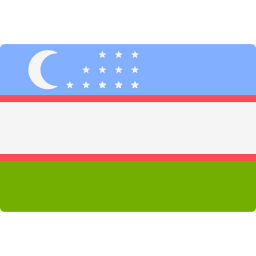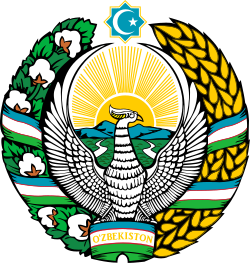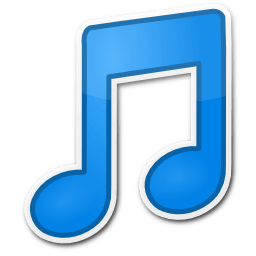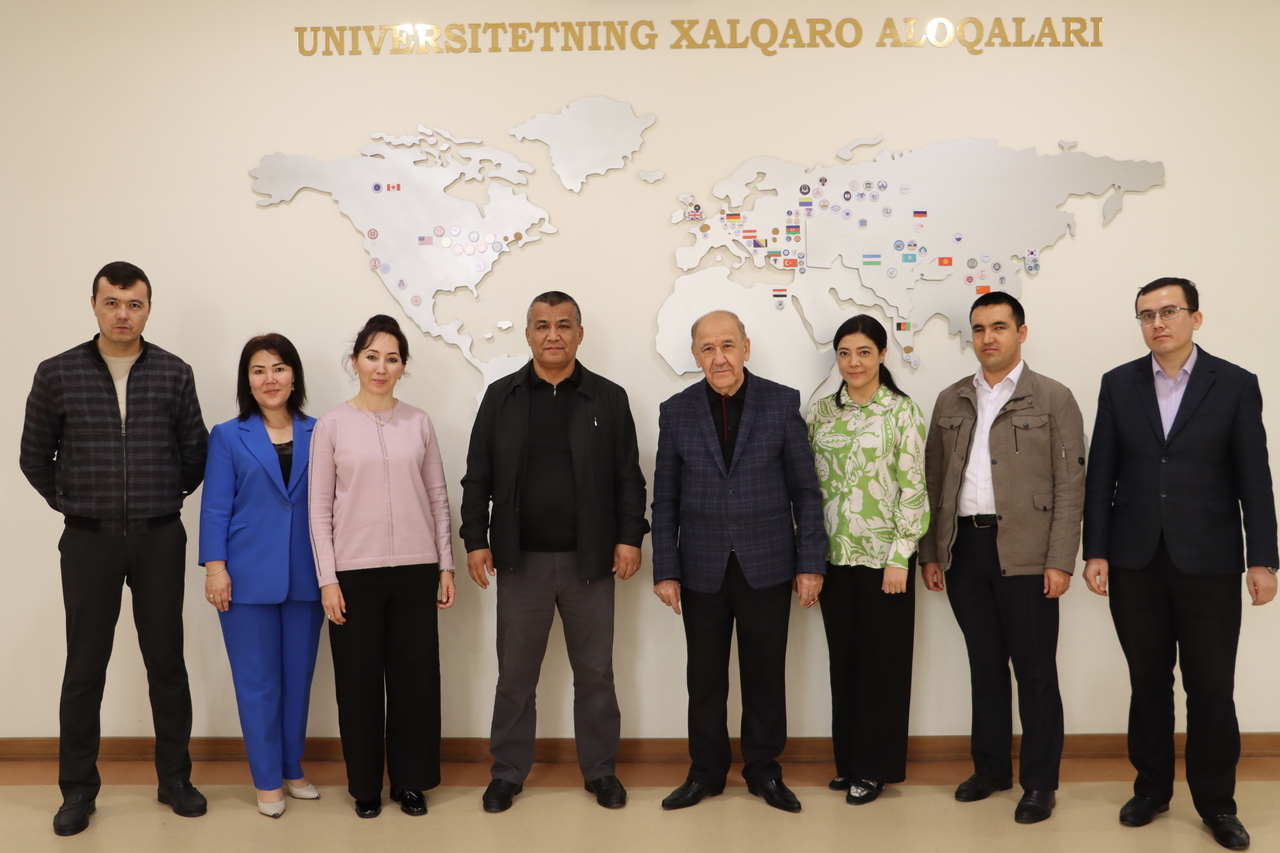
The department of theoretical and applied linguistics was established on the basis of the department of applied philology based on the decision of the University council on August 29, 2023. The professors and teachers of the department provide students with knowledge on language history, theory of linguistics, Uzbek terminology, psycholinguistics, pragmatic linguistics, corpus linguistics, linguistic expertise, and develop skills and competencies. 9 professors work in the department.
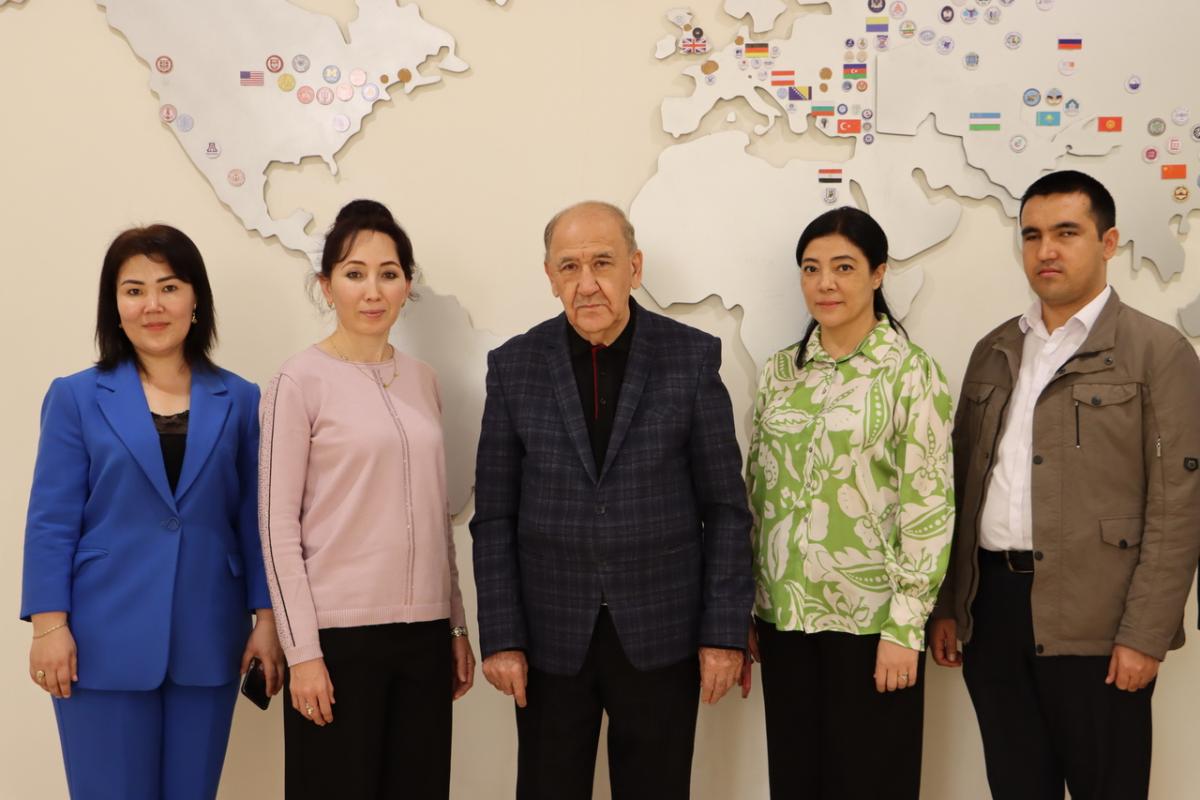
Scientific potential of the department – 78%
The head of the department is a candidate of philological sciences, associate professor Azimova Iroda Alisherovna
Priorities of the department:
- Researching issues of theoretical linguistics;
- Conducting research on modern directions of linguistics;
- Computer and corpus linguistics - modeling the Uzbek language for artificial intelligence and preparing the linguistic base for the creation of national and private corpora of the Uzbek language;
- Linguistic expertise - creation of necessary national linguistic technologies for the implementation of linguistic expertise of Uzbek language texts;
- Modern lexicography and national terminology - directing the achievements of the theoretical directions of Uzbek linguistics to the solution of the problems of national lexicography and terminology;
- Psycholinguistics - mastering the Uzbek language and determining the uniqueness of speech activity in the Uzbek language;
- Orthology - researching the norms of Uzbek literary speech and practical issues of improving it among native speakers.
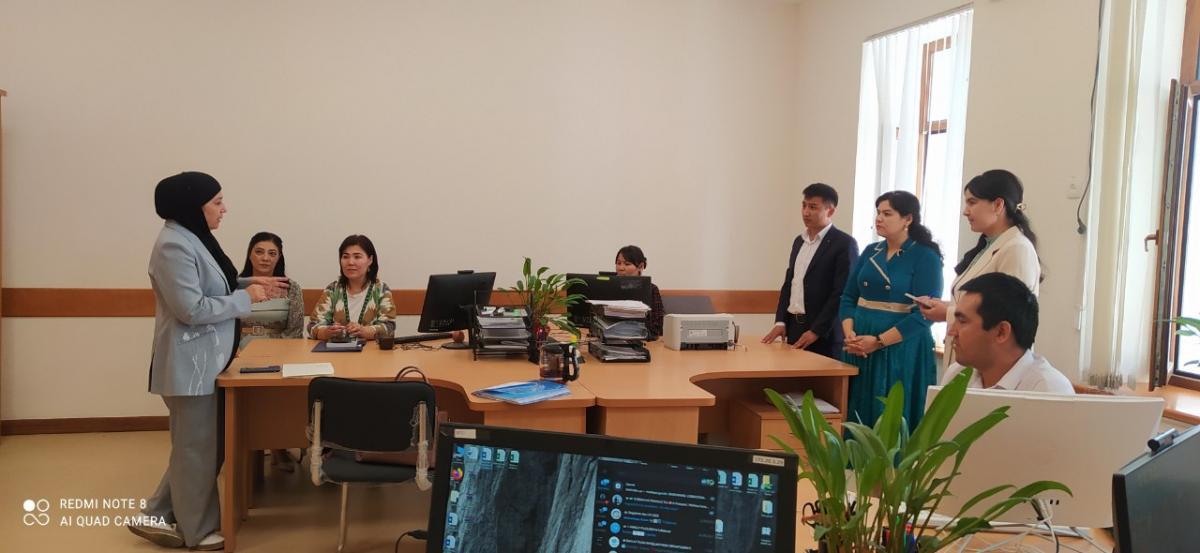
DEPARTMENT RESPONSIBLE DIRECTIONS AND SPECIALTIES:
Areas of study:
60230100 – Philology and language teaching (Uzbek language)
60230700 – Applied philology
60230300 – Textology and literary source studies (Uzbek language)
60230900 – Folklore and dialectology
Department subjects
Applied psycholinguistics (Course 3, 60230700 – Applied philology)
Practical Uzbek language (Course 1-3, 60230700 – Applied philology)
Practical Uzbek language (Course 1-3, 60230700 – Applied philology)
Information science (Course 3, 60230700 – Applied philology)
Linguistic expertise of literary text (Course 2, 60230700 – Applied philology)
Theory of linguistic expertise (Course 3, 60230700 – Applied philology)
Linguistics and expertise (Course 1, 60230700 – Applied philology)
Linguistics and expertise (Course 1, 60230700 – Applied philology)
Basics of Linguistic Culture (Course 2, 60230700 – Applied philology)
Text editing (Course 1, 60230700 – Applied philology)
Text editing (Course 1, 60230700 – Applied philology)
Psycholinguistic analysis of the text (Course 1, 60230700 – Applied philology)
Naming theory and practice (Course 2, 60230700 – Applied philology)
Practical stylistics of the Uzbek language (Course 2, 60230700 – Applied philology)
Pragmalinguistics (Course 3, 60230700 – Applied philology)
Logical foundations of linguistics (Course 2, 60230700 – Applied philology)
Fundamentals of linguistics (Course 1, 60230700 – Applied philology)
Fundamentals of linguistics (Course 1, 60230700 – Applied philology)
Practice of forensic expertise (Course 3, 60230700 – Applied philology)
Fundamentals of Forensic Linguistics (Course 2, 60230700 – Applied philology)
Documenting in the state language (Course 1, 60230700 – Amaliy filologiya)
Documenting in the state language (Course 1, 60230700 – Amaliy filologiya)
Documenting in the state language and monitoring (Course 3, 60230700 – Applied philology)
Documenting in the state language (Course 2, 60230300 – Textology and literary source studies (Uzbek language)

